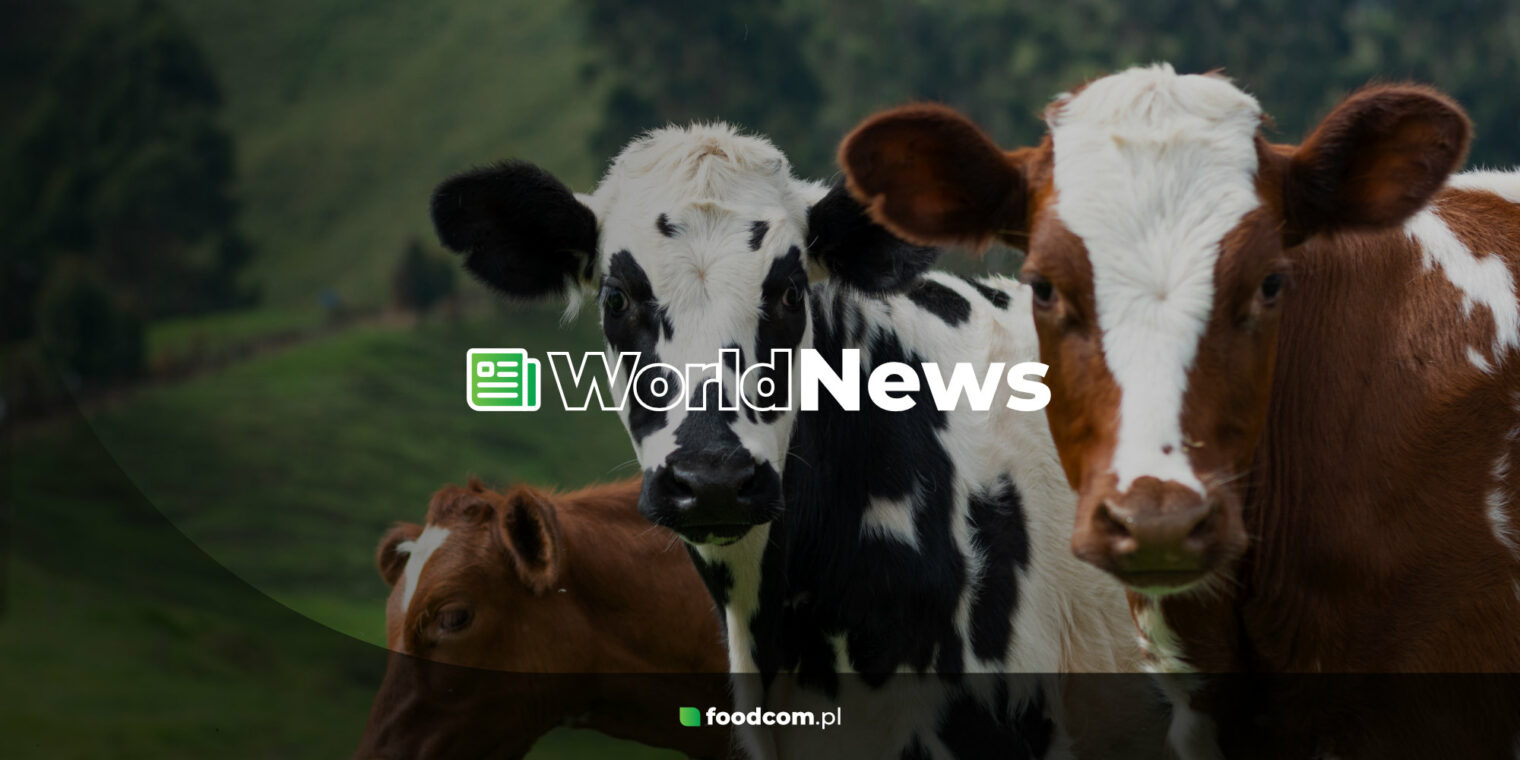- Start-ups like Perfect Day use precision fermentation for synthetic milk.
- Synthetic milk reduces environmental impact but faces resistance and bans, reflecting the challenges for consumers and regulators.
- Despite the hurdles, advances could reduce costs, making synthetic milk more affordable and transforming the dairy industry by 2030.
Revolution in the Dairy World
Food tech start-ups are pioneering precision fermentation technologies to create an alternative to conventional cow’s milk. While lab-grown meat has been around for some time, the production of dairy products in the lab is a new sector. The US company Perfect Day is at the forefront of this movement and has set itself the goal of using precise fermentation technologies to produce synthetic milk that is indistinguishable from cow’s milk.
Synthetic milk has significant environmental benefits as it can be produced without cows, reducing methane and carbon emissions, water pollution, land use and animal welfare. Despite these benefits, conservative consumers are reluctant to embrace synthetic products.
The National Milk Producers Federation in the US has called on the FDA to restrict the use of the term ‘milk’ for products derived from precision fermentation. The debate centres around whether these products meet federal standards for ‘milk’, leading to suggestions for alternatives such as ‘synthetic whey beverage’.
Global Challenges for Synthetic Milk
In Italy, the government has banned the sale of lab-grown meat, sending a signal against animal products derived from certain production methods. There are similar endeavours in other European countries such as Hungary and Poland. Conservatism and consumer scepticism, particularly in non-EU markets such as Russia, pose a challenge to the widespread introduction of synthetic milk.
The Future of Synthetic Milk
Price remains an important factor hindering the growth of synthetic milk, as these products are currently more expensive than traditional cow’s milk. Regulatory issues and societal attitudes could slow down the expansion of the synthetic milk segment, but analysts are confident that precision fermentation will eventually gain a foothold in the market.
Despite these challenges, the global dairy market is expected to grow by 2 to 3% without an immediate decline in cow’s milk production. As precision fermentation technologies continue to advance, the cost of producing synthetic milk is expected to decrease over time. Some start-ups, such as the Australian company All G Foods, are already planning to make their synthetic milk more affordable than cow’s milk in the short term. Analysts predict that the precision fermentation industry could create at least 700,000 jobs by 2030 in the US alone. It could revolutionise the global dairy industry and offer a sustainable alternative in the face of environmental challenges.







